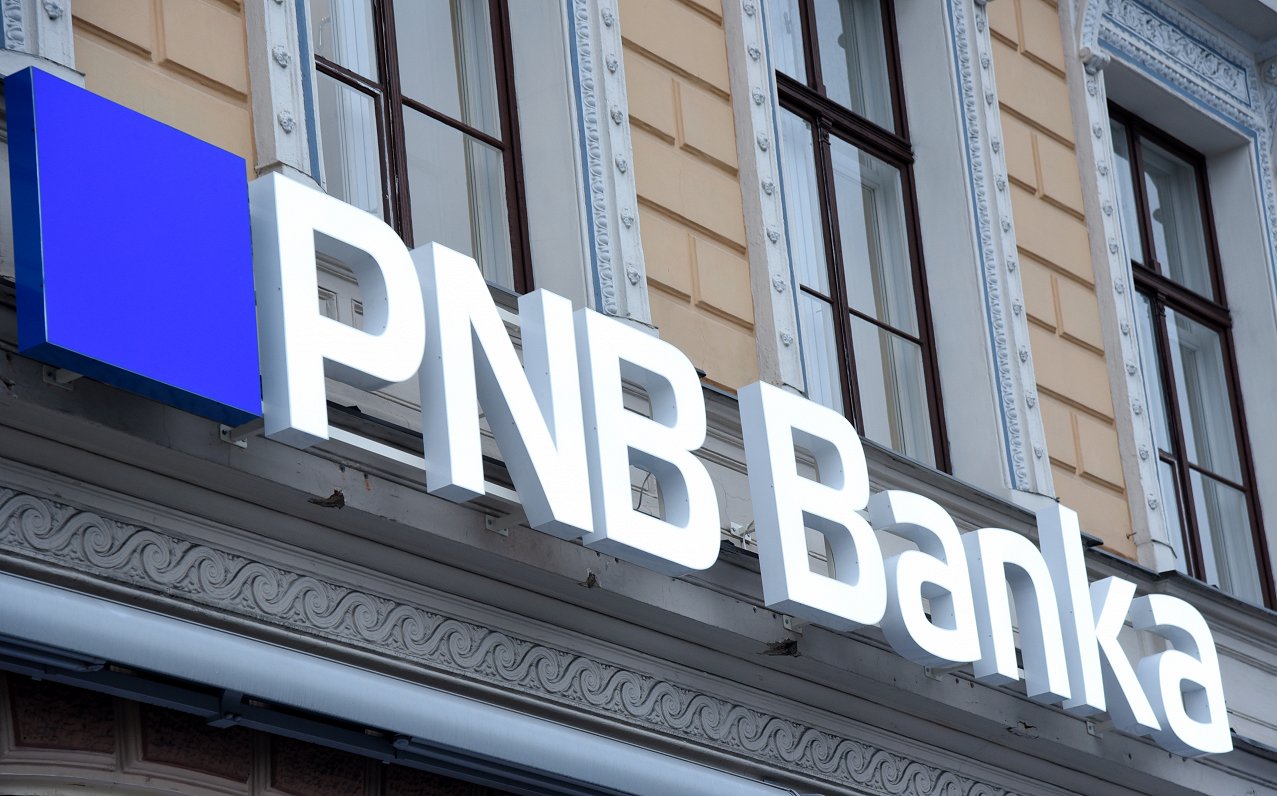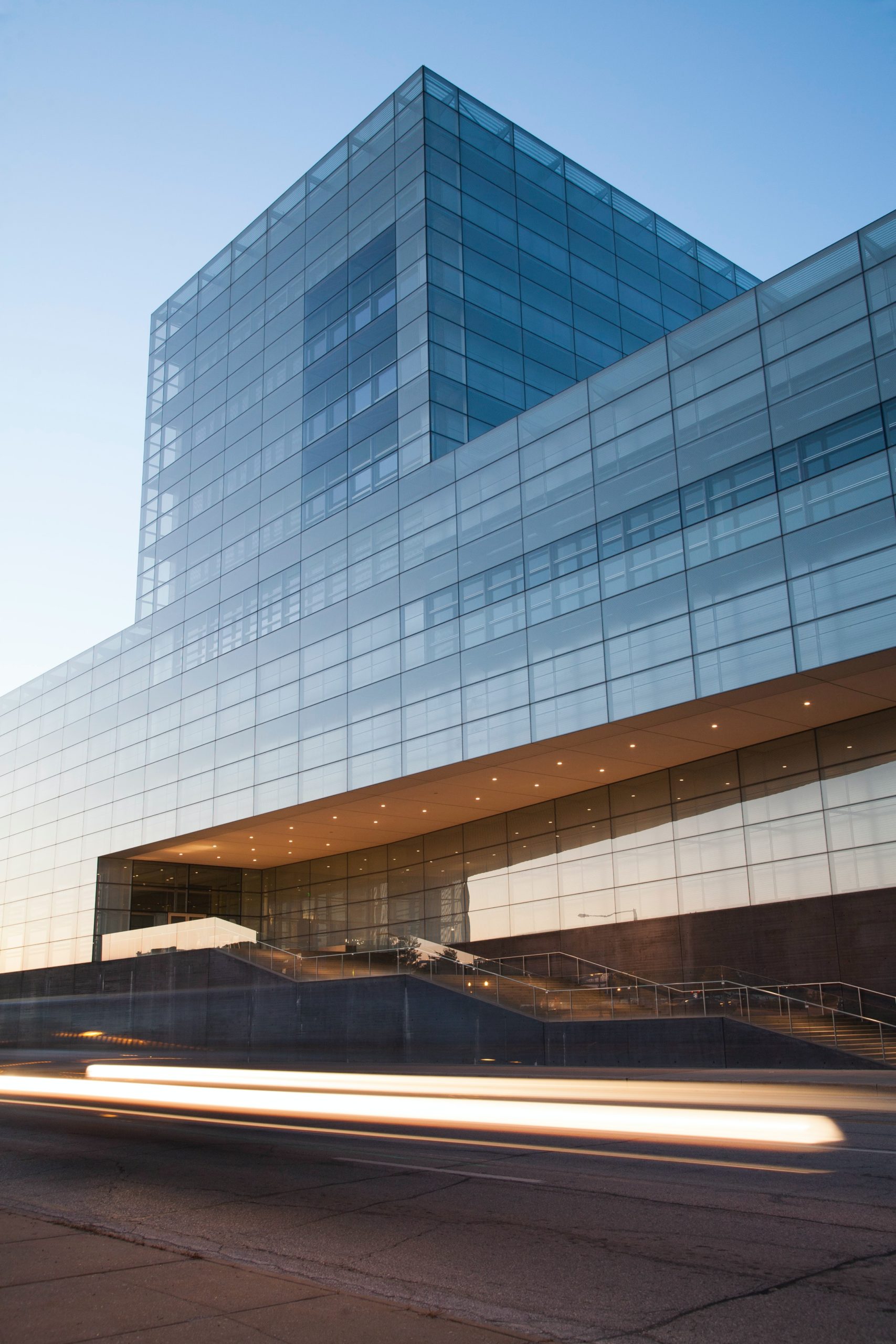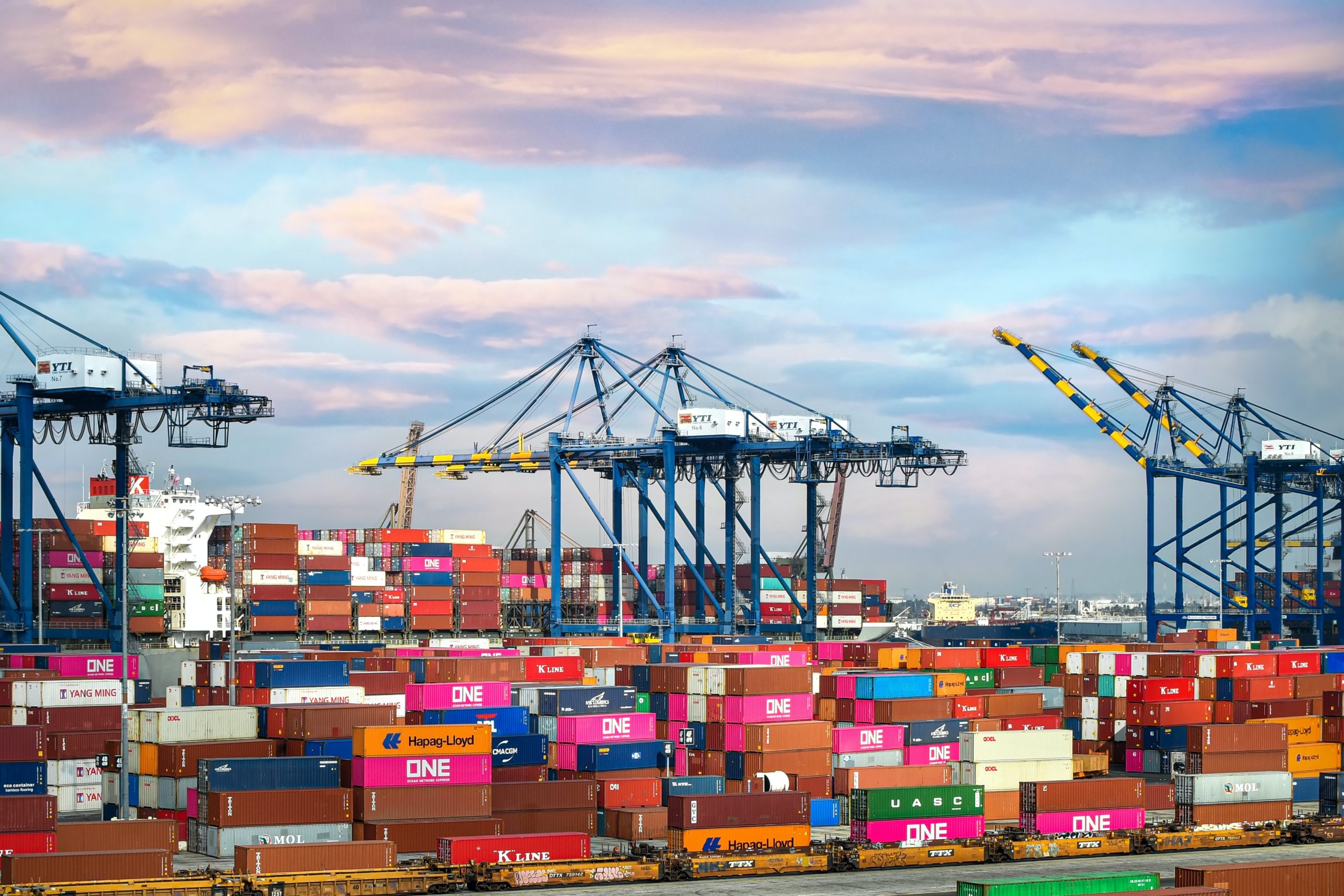Excise duty is a type of expenditure levy that is imposed on a specified set of domestically manufactured or foreign commodities. Excise charges are levied on commodities that are not basic requirements and that do not impact the poor to restrict the use of those products that are bad for the ecosystem. Excise duty’s primary objective is financial, or to bring in money for the state.

Taxable goods
- E-cigarettes
- Gas
- Oil products
- Coffee
- Alcoholic beverages
- Non-alcoholic beverage
- Tobacco products
Taxable individuals
The entities listed below are liable for excise taxes in Latvia:
Importers
The tax applies to importers who apply for the Discharge for Free Flow custom clearance for taxable items. These objects are brought into Latvia from nations outside the EU. including coffee, natural gas, non-alcoholic drinks, and liquids for e-cigarettes.
Consignors
Another category that is charged the excise is a shipper or a sender. Wine and beer, illegal substances, and oil products may only be sent by licensed shippers who will apply delayed payment of tax until the goods are made available for sale.
Warehouse keepers
Authorized warehouse keepers who store items in facilities they control or oversee are subject to taxation as well.
Transfer traders
It covers businesspeople who ship expensive items from one State Party to a non-authorized warehouse keeper, authorized receiver, or provisionally licensed buyer in another State Party.
Registered Consignee
Certified consignees (receivers) who have not accredited warehouse keepers but who have permission to acquire hard liquor, vaping devices, or oil products from other National Governments. These products can also be received from licensed shippers and authorized storage keepers in Latvia. These certified consigners are also liable to taxation.
Temporary consignee
Tax is also collected from provisionally listed receivers who have not licensed storehouse managers but who have permission to receive restricted or hazardous goods once only. These goods are imported into Latvia from the other Member States or from licensed Latvian managers and authorized consignors for whom tax deferral is in effect.
Excuse duty Law
This legislation specifies how items, irrespective of their place of origin, are entitled to excise revenue. This law’s clauses deal with certain things like:
- For non-alcoholic beverages and coffee;
- For natural gas; and
- Regarding dietary products that include ethyl alcohol.
The storage and transportation of items that are used as forensic evidence or that have been seized during criminal investigations are exempt from the law. Items transported from the Union that are kept in safe holding, free zones, or free facilities are exempt from the requirements of this regulation.
Permit to Engage in Excise Goods Activities
For the following specific actions involving excise items, a special permit is necessary:
- Warehousing;
- Activities with alcoholic beverages, tobacco products, or petroleum products;
- Wholesale or retail of alcohol, tobacco, or oil; and
- Storing or retailing of natural gas.
Regulations for the distribution of items and the granting of licenses are set by the Council of Ministers. The state fee amount and payment process for the granting and re-registration of a special license are also under the minister’s control. The federal panel also oversees other conditions for the operation of the licensed warehouse manager, authorized consignor, and authorized consignee. The protocols for the distribution of natural gas are also decided by the Council.
Payment of tax
The tax evaluation term is one fiscal month for a licensed shipper and an authorized storage operator. Before requesting a customs proceeding from the authorities, the importer must pay the state treasury the computed tax. The tax must be paid before the taxable items are allowed to enter the open market by a legal person who surpasses the limit when packing personal items.







